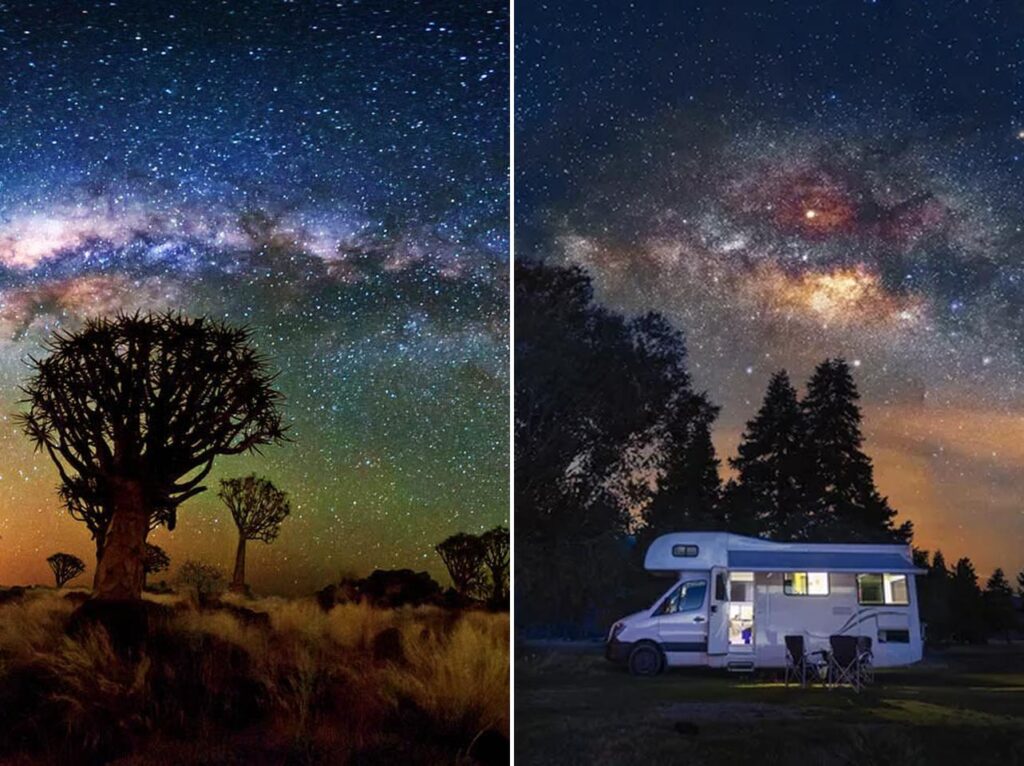Astrotourism: Exploring Africa’s Celestial Wonders Under the Darkest Skies

The Rise of Astrotourism
Astrotourism is rapidly gaining popularity as travelers seek to escape the bright lights of cities and immerse themselves in the natural beauty of the night sky. This burgeoning travel trend is drawing adventurers to some of the world’s darkest skies, where they can witness the cosmos in all its glory. The concept of astrotourism has evolved from a niche interest to a mainstream travel experience, offering unique celestial encounters through specialized tours and accommodations.
International Dark-Sky Places: A Stargazer’s Paradise
The establishment of International Dark-Sky Places (IDSPs) has made it easier for travelers to find destinations with minimal light pollution. These certified locations offer exceptional stargazing opportunities, allowing visitors to connect with the universe in ways that are impossible in urban environments. In 2023 alone, 20 new IDSPs were designated worldwide, highlighting the growing interest in preserving nocturnal environments.
Africa’s Astrotourism Hotspots
Africa, with its vast open landscapes and minimal light pollution, offers some of the best stargazing experiences on the planet. Countries like Namibia, South Africa, and Kenya are leading the way in astrotourism, attracting travelers with their pristine night skies and unique cultural experiences. Namibia’s NamibRand Nature Reserve, for example, is renowned for its dark skies and has been designated as an International Dark-Sky Reserve. Visitors can enjoy guided stargazing tours and explore the Milky Way’s constellations with the help of resident astronomers.
In South Africa, destinations like Kruger National Park and the Drakensberg Mountains offer exceptional stargazing opportunities alongside their famous natural attractions. Meanwhile, Kenya’s Basecamp Samburu provides a unique experience with open-air starbeds that allow guests to sleep under the stars in complete solitude.
Economic and Cultural Benefits
Astrotourism is not only about experiencing the night sky; it also brings economic and cultural benefits to the regions that embrace it. By investing in dark sky preservation, African countries can attract stargazing enthusiasts and eco-conscious travelers. This, in turn, supports local economies and promotes cultural storytelling under the stars. Aligning stargazing activities with key celestial events, such as meteor showers or eclipses, can also draw visitors during quieter seasons, spreading economic benefits throughout the year.
Astrotourism is more than just a travel trend; it’s an opportunity to celebrate Africa’s extraordinary natural heritage and inspire a new generation of travelers to reconnect with the universe.









